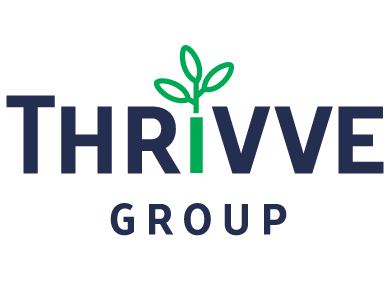Understanding the Current Landscape of Generative AI Adoption
Since February, Thrivve Group has delved into Generative AI productivity and adoption, exploring predictions for its 2024 implementation. As the first quarter of 2024 draws to a close, the pressing question arises: what is the current pace of generative AI adoption?
Reports from Butts (2024) indicate a prevailing hesitance among companies to fully embrace generative AI. MIT Technology Review Insights and Telstra's global survey of over 300 business leaders found that a mere 9% are actively utilizing AI technologies.
Early adopters have predominantly employed generative AI for low-value tasks like automating repetitive processes. However, significant barriers impede widespread adoption, including concerns over IT infrastructure, budgetary constraints, regulation, cybersecurity, workforce skills, compliance, and data privacy.
Despite these challenges, optimism prevails among industry leaders regarding the future of generative AI in business, with a striking 78% identifying it as a competitive advantage. McKinsey's research forecasts a substantial annual contribution of $4.4 trillion to the global economy from generative AI.
Insights from Deloitte's 2024 survey of 2,835 business and technology leaders shed further light on expectations surrounding generative AI:
Transformative outcomes from generative AI implementation are anticipated within the next three years.
Confidence in an organization's generative AI expertise remains high at small-scale deployment but wanes as it scales up.
While current efforts prioritize efficiency, productivity, and cost reduction, Deloitte underscores the potential for generative AI to drive innovation and growth, citing it as a crucial strategic differentiator.
As articulated in Barbosa's (2024) article on generative AI adoption, careful implementation and a well-defined adoption strategy are imperative for leaders to harness the technology effectively and gain the competitive edge they seek.
In conclusion, generative AI adoption appears to be progressing more slowly than previous market predictions. Despite lingering concerns, leaders remain optimistic about the technology's transformative potential, foreseeing significant business impacts within the next three years.
References:
Barbosa, R. (February, 2024). Navigating generative AI adoption strategies. Thrivve Group. Retrieved from https://thrivvegroup.com/business-insights/navigating-generative-ai-adoption-strategies
Butts, D. (March, 2024). AI is the talk of the town, but businesses are still not ready for it, survey shows. CNBC. Retrieved from https://www.cnbc.com/2024/03/06/generative-ai-holds-massive-potential-but-businesses-arent-ready-yet.html
Dutt, D., & Ammanath, B., & Perricos, C., & Sniderman, B. (January, 2024). Now decides next: Insights from the leading edge of generative AI adoption. Deloitte. Retrieved from https://www2.deloitte.com/content/dam/Deloitte/us/Documents/consulting/us-state-of-gen-ai-report.pdf

